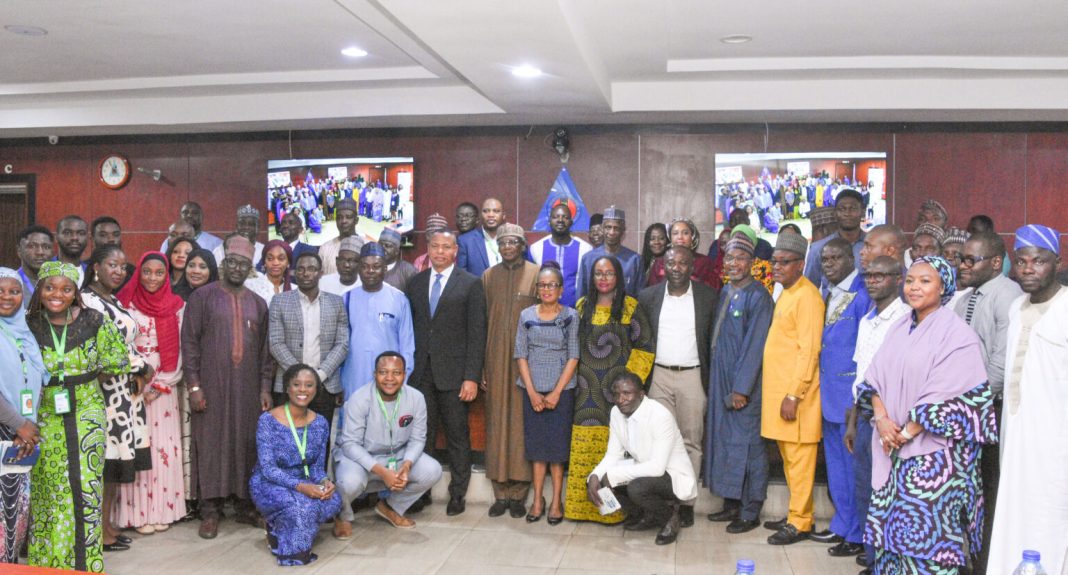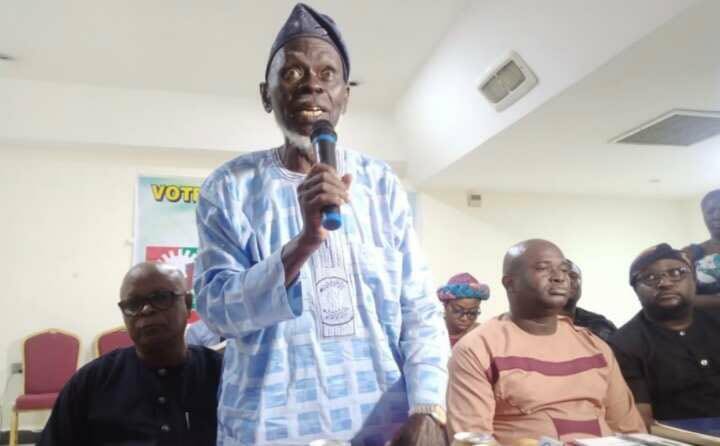By Milcah Tanimu
Dr. Mustapha Popoola, the Executive Director and Global Impact Lead of Research for Impact and Knowledge Economy for Sustainable Development (RIKESD), has expressed confidence that Nigeria has the potential to generate more than N10 trillion annually by transitioning to a knowledge-based economy.
Popoola made this assertion during the inauguration of RIKESD in Abuja on Tuesday. He emphasized that Nigeria’s economy could experience significant growth by attracting Foreign Direct Investment (FDI) through increased research funding.
He stressed the importance of both government and private organizations investing in capacity building to foster the development of a knowledge-based economy. Popoola argued that addressing the nation’s economic challenges requires a focus on productivity and the creation of products and services rooted in knowledge.
He stated, “Until we have those things that we are producing either in knowledge-based or elsewhere, once that happens across the board, it is not about categorization. Everybody can sit down, you can see many innovations coming from various communities. The moment you have those little contributions, that is how to build the economy.”
Popoola outlined the vision of creating a dynamic knowledge-based economy that could contribute no less than N10 trillion to the national income annually. He highlighted the potential of various sectors, including digital economy, innovation, agriculture, space research, automotive industry, green economy, and circular economy, to drive this transformation.
In conclusion, Popoola emphasized the significant economic potential of a knowledge-based economy, envisioning a substantial increase in Nigeria’s national income, even beyond the existing national budget of around N20 trillion, through legal means, by involving the contributions of all sectors and communities in the country.





